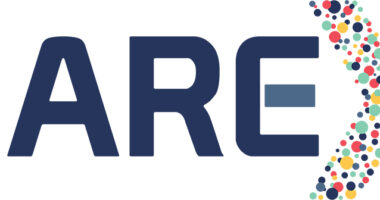Global Genes Welcomes Applicants for RARE Meet-Ups Impact Grants
Global Genes is accepting applications for its 2022 RARE Meet-Ups Impact Grant program, which provides funding for in-person meetings specifically tailored to better educate and assist patients, caregivers, and advocates for rare diseases like Lambert-Eaton myasthenic syndrome (LEMS).
Funded meet-ups need to take place between April and November, the organization announced in a website post.
Applications are open to support groups and nonprofit organizations based in the U.S. that are members of the Global Genes RARE Foundation Alliance.
The application deadline is Friday, Feb. 4. Awardees will be notified on Feb. 21. Go here to apply. Further information is also available by sending an email to [email protected].
A total of five awards will be given. Each awardee is expected to host one, three-to-four hour meet-up.
The 2022 program offers four categories of funding for these educational and collaboration-promoting meetings: caregiver/patient support, scientific and/or clinical research updates, capacity building, and ultra rare diseases.
Applications under the caregiver/patient support category will focus on broad support aspects for patients and caregivers. These include family and sibling support, mental health, help at navigating the regional healthcare system, or in addressing the challenges posed by the COVID-19 pandemic, such as the potential long-term effects of SARS-CoV-2, the virus that causes COVID-19.
In the scientific and/or clinical research updates, meet-ups should focus on the presentation of scientific data, clinical trials, or patient registries. Meetings should include relevant researchers or clinicians and possibly patient advocates, and discuss classifications of specific or broader diseases.
They may also aim to provide educational tools to the local community regarding patient registries or natural history studies, which collect information of the natural course of a disease in the absence of treatment.
Applications filed under the capacity building category focus on expanding an organization’s capacity for fundraising, volunteer recruitment, and outreach to the local community, including addressing the local and long-term impacts of COVID-19.
Meetings addressing ultra rare diseases should aim at increasing the community’s awareness of rare or ultra rare diseases and improving diagnoses, which are often delayed. Strategies may include, but are not limited to, the establishment of clinical guidelines by experts to guide and speed early detection, and work to foster the understanding of a diagnosis’ significance.







